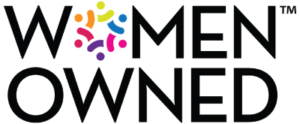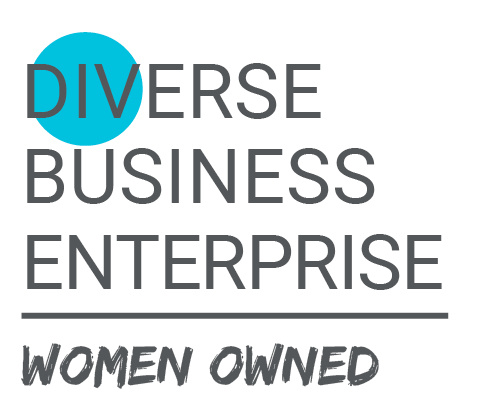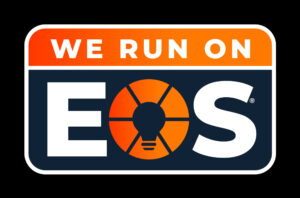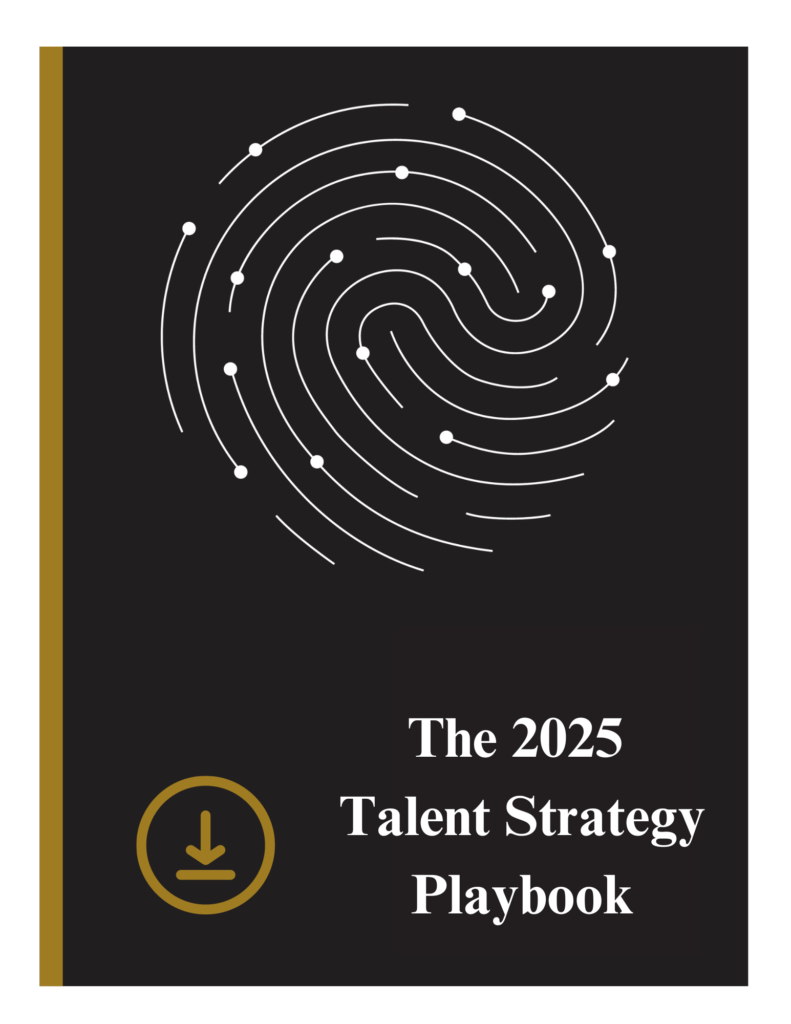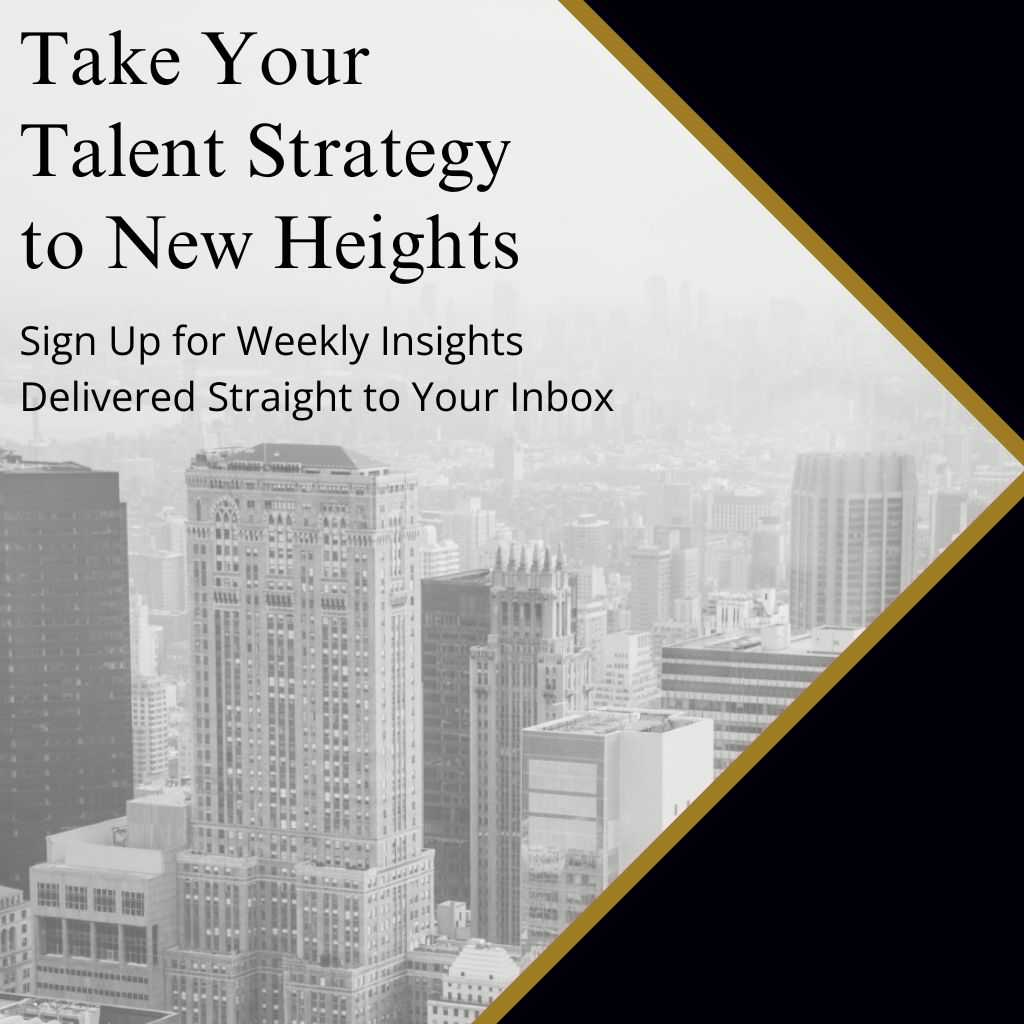Be Prepared to Answer These Questions in Your Next Interview
by Ashley Ward & Kayla Ezinga
Getting ready for an interview can be nerve-wracking in and of itself, and not knowing what the interviewer is going to ask is just another layer to the unknown. If you’re anything like me, you want to be prepared in every possible way you can. So here is a list of the most popular interview questions, so that you can prepare for your next big interview!
1. Can you tell me a little about yourself?
This is a super common question. Although you probably already sent your resume to the interviewer, feel free to briefly go over your work experience, but mostly, try to explain your resume in a way that someone who doesn’t know you will totally understand your work experience.
2. What is your biggest achievement through your work history?
This is a spot for you to really show what you can do to the interviewer. It could be a short-term achievement or a long-term one!
3. What kind of work culture do you work best in?
Although you may want to say what you think the interviewer wants to hear, it’s best to be totally honest here. In order to have a successful job placement, it’s important to fit the company culture. Say something specific, don’t be wishy-washy.
4. Tell me about a time you demonstrated leadership. What did you do?
This answer can be related to anything in your life, not necessarily work-related. Although, if you have a work-related answer, give that one.
5. What kind of hobbies do you have outside of work?
Here is where you might want to tell a little bit more about your personal life. This could be volunteer work or any other hobbies you have, but always have an answer for this one.
6. What salary are you looking for?
Sometimes, you just have to get down to the details. You should have a number in mind well before you go into the interview.
7. Do you have any questions for me?
This can seem like a scary question because there is no right answer. Our best advice is to ask about something that you could not have found by looking up the company or looking at their website.
8. Why should we hire you?
This is the time to showcase yourself. What sets you apart from other candidates for this job?
9. What are your strengths?
Put your best foot forward here, say something that you’re really good at! This is probably something related to your personality like dedication or patience. It could also be something more concrete like hitting deadlines.
10. What are your weaknesses?
This is never a favorite question to be asked, but be honest! Maybe you don’t like to say “no” to anyone, or talk about a part of the job that you don’t have that much experience in.
11. Why are you interested in this position?
This answer is going to be different for everyone. Some possible answers to this question could be that you are looking to break into a new industry or you don’t feel like you can grow more at your current job.
12. Can you tell me about a time you’ve failed?
This is a very important question. It’s not just asked to embarrass you, the interviewer wants to know how you handle failing.
13. Why do you want to leave your current job?
Of course, you may not necessarily be in an active job search, so this question is best to answer in an honest way.
14. What is your leadership style?
If you are interviewing for any sort of upper-level job, it’s important for the company to understand what having you in that role might look like.
15. What do you like the most about your current job?
This answer will let the interviewer know about responsibilities that you enjoy, and possibly if the job is a good match for you.
16. What do you like the least about your current job?
Similar to the last questions, this is just to see if the job is a good match for you.
17. How do you like to be managed?
When interviewing for a lower position, it’s important to figure out if the current leaders and you are a good match!
18. What kind of career goals do you have?
This helps the interviewer decide if this position will be a good step for you in your career.
19. When can you start?
Have a date in mind that you could possibly start at the new position if achieved.
20. Are you able to relocate?
This may be something you have not thought about before, so make sure you are prepared with a thoughtful, realistic answer.
21. Is there anything else we should know?
If you feel like you have something you needed to tell the interviewer that was not brought up in a previous conversation, this is a great time to bring it up.
22. What makes you unique?
This is similar to the “why should we hire you” question, so really showcase yourself here.
23. How would you deal with x situation?
Make sure you know a little bit about what the job is responsible for so that you might be able to answer a question like this.
24. Was there ever a time you disagreed with your boss?
Again, this is an opportunity for you to tell about a time that you worked through tough times at work.
25. Are you a team worker or more individual?
There is no wrong answer! The interviewer is trying to understand if the job is a good fit for you.
26. Why do you want to work here?
Yes, your experience level may align nicely with the role, but what else is it that is drawing you to the company? Is it the culture, values, mission? Be prepared to give a complete answer on this.















